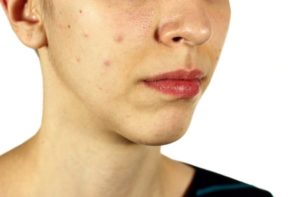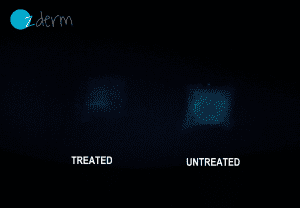Recruitment of study participants is a critical aspect of any research project, and this includes cosmetic trials. Recruitment is normally conducted internally by the research centre performing the study. However, in some cases this task can also be delegated to external agencies. Whether managed internally or by a third-party service, recruiting study participants usually requires a number of diverse skills. Knowledge of applicable regulations and ethical principles for conducting human research, the submission process to ethics committees, good understanding of the local population, proficiency in various recruitment strategies, and professionalism are all necessary to run a successful recruitment campaign.
Any recruitment activity will be aimed at attracting participants that meet the inclusion and exclusion criteria defined in the study protocol. From this, the study team can identify a recruitment strategy likely to succeed.
Typically, recruitment activities may include one or more of the following:
– Recruitment through a volunteer database
Most research centres develop and maintain a database of volunteers interested in taking part in their research projects. These volunteers agree to be contacted should new studies come up in the future. Advanced database systems allow the recruiter to extract a shortlist of potential participants based on one or more inclusion exclusion criteria defined in the study protocol (e.g. sex, age, skin phototype, other skin characteristics). Study coordinators will then get in contact (by email or phone) with those in the list to let them know the study details and invite them to participate, if appropriate.
– Study specific advertisement
Where recruitment through volunteers’ database is not sufficient, advertisement can help target the population needed for the research study. Advertisement can be in the form of posters placed in different key locations, ads on papers and magazines, radio advertisement and more recently webpages and social media advertising. This latest option has the advantage of being both flexible and targeted – the advertising cost can be monitored, changed, and paused depending on the needs of the study, and the reach of the advertisement can be aimed at users who meet certain demographic characteristics.
– Third party referral/recruitment
Referrals can be sought through medical professionals or other specialist service providers or otherwise through specialised recruitment agencies that are contracted to assist with study recruitment. News of the study can also spread through word of mouth, which is helpful for gaining participants that live locally to the research centre.
During the recruitment process potential study participants will be given information regarding the study being conducted. It is important that the information provided to interested volunteers is both complete and presented in a clear and understandable way:
- An informative, concise description of the study – This can include number of visits, conditions for participation (e.g. discontinue use of certain cosmetic products), inclusion and exclusion criteria, and the number and types of assessments.
- Essential information such as risks of participation, indemnity information, and any possible benefits such as remuneration or travel reimbursement.
- Contact details of the Investigator and study team and the name of the organisation sponsoring the study.
- Information on data and privacy protection to ensure participants know their data and personal information is protected.
The above information is also included in a detailed document that each study participant must read understand and sign before they can be included in the study. This document consists of two parts: the first part contains comprehensive ‘participant information’ (as briefly described above) and the second part called ‘informed consent form’ is a document to be signed by the participant and the researcher (investigator) responsible for the study documenting that the participant has read, understood and accepted to be involved in the study.
Volunteer recruitment is a key aspect of cosmetic trials – swift, effective recruitment means that a study can start on-time, and with the right numbers and types of subjects. Its duration, cost and accuracy can have a huge impact on the overall success of the research project. Therefore, recruitment tasks must be assigned to a team of skilled research professionals who are able to deliver the best possible outcome based on timeline, budget and study requirements.
———————-
References:
Joachim W. Fluhr, Practical Aspects of Cosmetic Testing, 1st Edition. 2010
https://australianclinicaltrials.com/8-insights-for-a-successful-clinical-trial-promotion-part-1/
https://australianclinicaltrials.com/8-insights-for-a-successful-clinical-trial-promotion-part-2/




